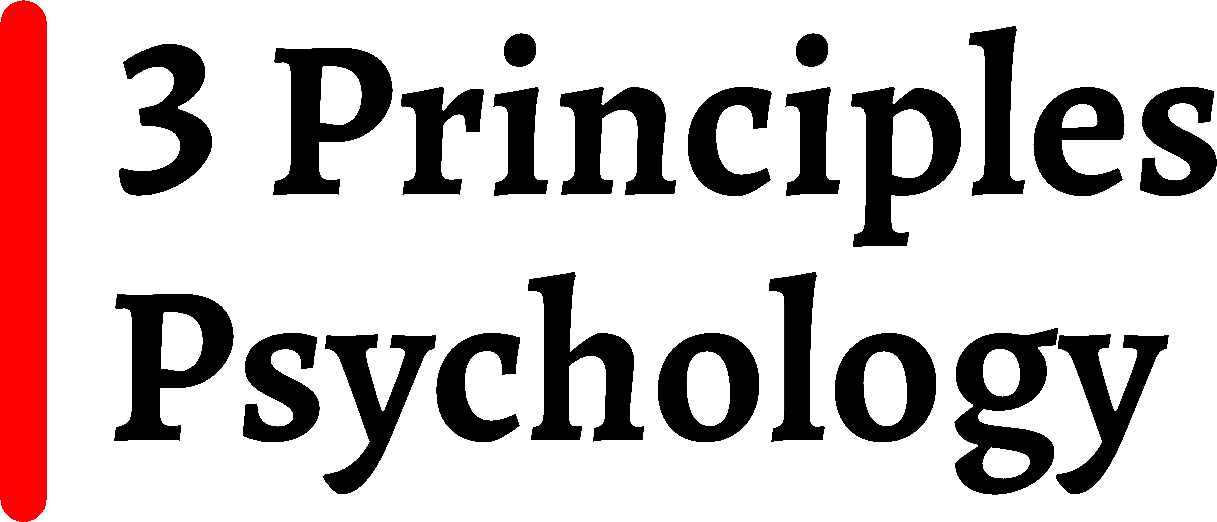The Inseparable Nature of Thought and Feeling
All feelings derive and become alive, whether positive or negative, from the Power of Thought.
All feelings derive and become alive, whether positive or negative, from the Power of Thought.
Sydney Banks
There is a pivotal point in understanding thought that appears to be unimportant, but turns out to be profoundly important: we have the misperception that thought and the feeling of thought can be separated.
Actually, it is impossible to separate feeling from thought. The feeling of the thought defines the meaning of the thought. The fact that no one can think love and feel hate in the same moment, or vice versa, is a constant example of the principle of thought that is true every time we think.
When we artificially separate thought and feeling it creates the false idea that the way we feel (our perception, mood, attitude, state of mind, or experience) is coming from something other than our thinking in the moment. It is at this exact point that we part with logic. Immediately a false source for our feeling is created. It looks like something, someone, or the future or the past has the power to make us feel a way we do or do not want to feel. We are now focused on an illogical idea of where our feeling is coming from. We then become distracted by and reactive to these imagined sources. We think about them and we get preoccupied by them. We misplace power outside our present thinking in the moment and this immediately creates insecurity. We are actually in reaction to our own thinking.
When we are not imagining that our thought and feeling work in some way that it actually does not, we have an opportunity to more easily identify why we’re feeling what we’re feeling in the moment. We learn where our thinking takes us and what that feels like.
Each time we understand it is always our thinking creating our feeling, it eliminates other possibilities as distractions and we naturally and logically experience the falling away of unnecessary and unwanted thought. We intelligently embrace some thinking and drop other thinking. This understanding itself empowers us to be self-correcting advocates for ourselves rather than being in reaction.
It does not appear that understanding this basic simple principle about the inseparable nature of thought and feeling could really matter or make a difference. But in fact, it is life changing.
By Keith Blevens Ph.D. and Valda Monroe
